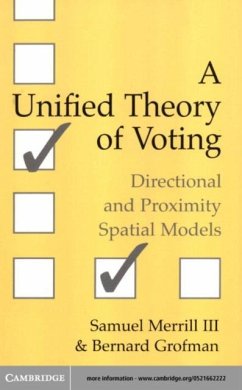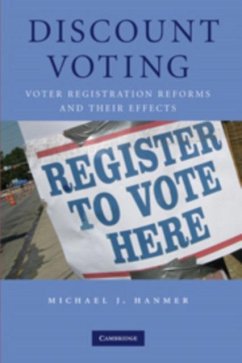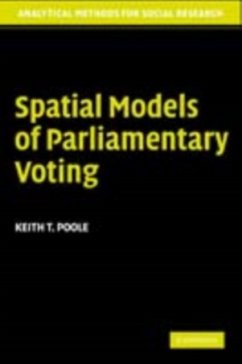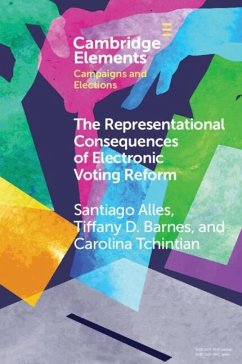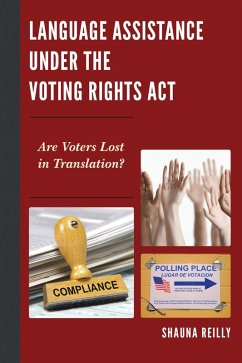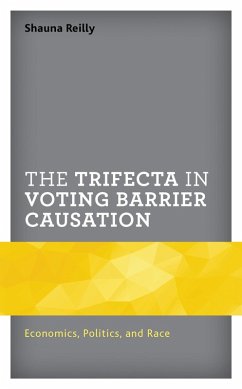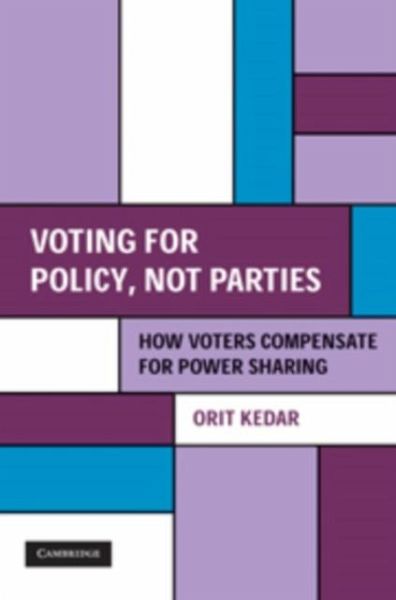
Voting for Policy, Not Parties (eBook, PDF)
How Voters Compensate for Power Sharing

PAYBACK Punkte
10 °P sammeln!
This book proposes an institutionally embedded framework for analyzing voter choice. Voters, Orit Kedar argues, are concerned with policy, and therefore their vote reflects the path set by political institutions leading from votes to policy. Under this framework, the more institutional mechanisms facilitating post-electoral compromise are built into the political process (e.g., multi-party government), the more voters compensate for the dilution of their vote. This simple but overlooked principle allows Kedar to explain a broad array of seemingly unrelated electoral regularities and offer a un...
This book proposes an institutionally embedded framework for analyzing voter choice. Voters, Orit Kedar argues, are concerned with policy, and therefore their vote reflects the path set by political institutions leading from votes to policy. Under this framework, the more institutional mechanisms facilitating post-electoral compromise are built into the political process (e.g., multi-party government), the more voters compensate for the dilution of their vote. This simple but overlooked principle allows Kedar to explain a broad array of seemingly unrelated electoral regularities and offer a unified framework of analysis, which she terms compensatory vote. Kedar develops the compensatory logic in three electoral arenas: parliamentary, presidential, and federal. Leveraging on institutional variation in the degree of power sharing, she analyzes voter choice, conducting an empirical analysis that brings together institutional and behavioral data in a broad cross section of elections in democracies.
Dieser Download kann aus rechtlichen Gründen nur mit Rechnungsadresse in A, B, BG, CY, CZ, D, DK, EW, E, FIN, F, GR, HR, H, IRL, I, LT, L, LR, M, NL, PL, P, R, S, SLO, SK ausgeliefert werden.




